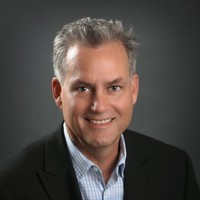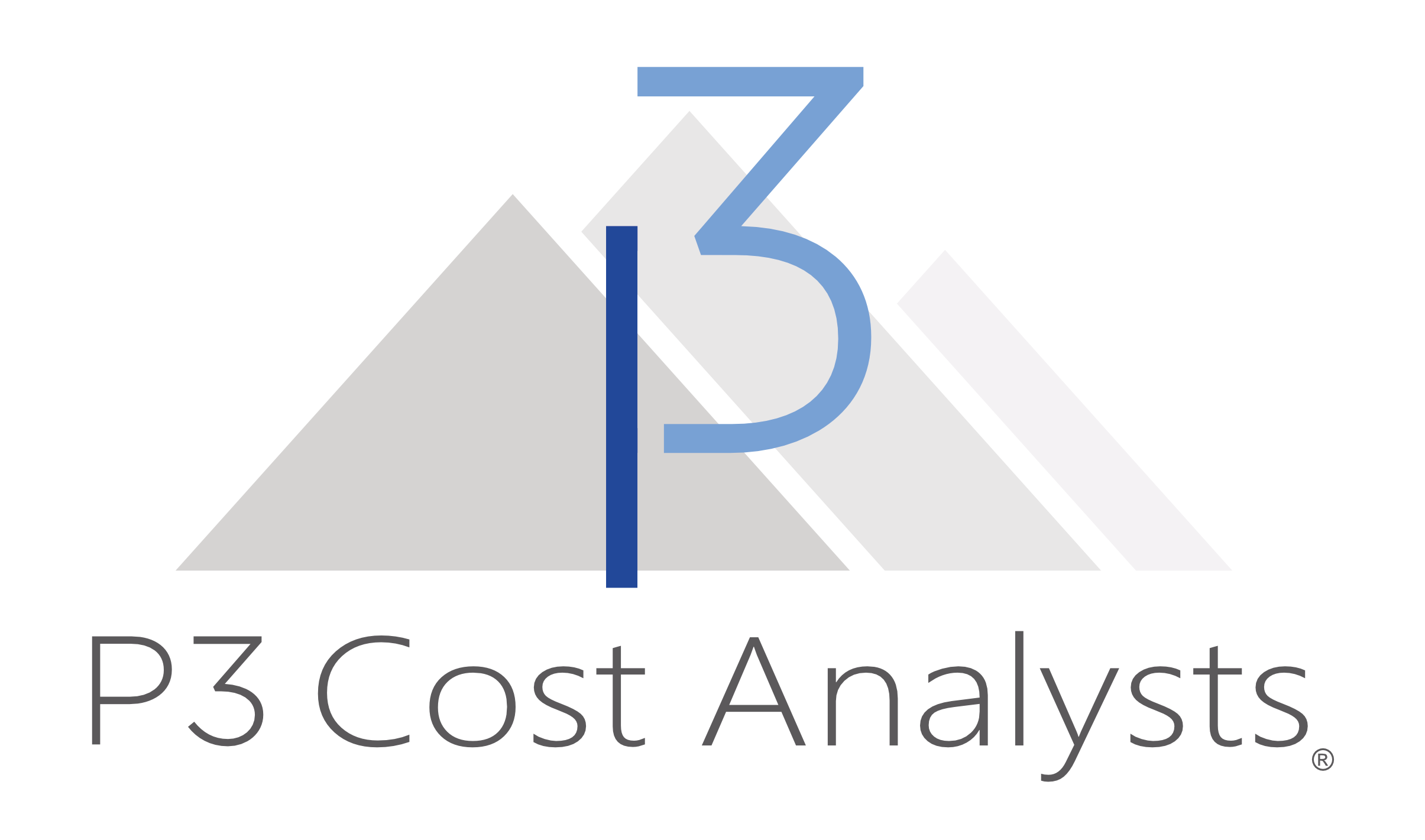National Native American Heritage Month Spotlight: Brian Chavis, P3 Cost Analysts
Thank you to former Loudoun Chamber Board Member Brian Chavis, owner of P3 Cost Analysts, for answering some of our questions!
 Where were you born and raised and, if it was someplace else, when and why did you come to Loudoun?
Where were you born and raised and, if it was someplace else, when and why did you come to Loudoun?
I was born in Marion, Indiana and relocated to Indianapolis when I was two years old. I left Indy for college and took a job in Virginia after graduate school.
In 1996, my company was awarded an information technology contract with the County of Loudoun. To service the contract, I opened an office on Miller Drive in Leesburg. I commuted from my home on Capitol Hill until just after the events on 9/11. I lived within a couple of blocks of the Senate office buildings, so barricades, anthrax, and random car searches made the commute unbearable. In 2002, I took my family from the city and relocated to Leesburg.
What does National Native American Heritage Month mean to you?
As a member of the Lumbee Tribe of North Carolina, I enjoy our annual powwows which celebrate our history and culture. I get the inside view of our unique heritage. But this story goes largely untold on the outside.
So, I am hopeful that year over year this heritage month will reveal the traditions of indigenous people in a much deeper way than the Hollywood stereotypes. The history of the native cultures is well documented by scholars, but it is rarely presented in any significant way in our education system. This is especially true in the Mid-Atlantic and Southern regions. Maybe that will change.
But above and beyond the history, I think the most important aspect of the heritage month is to remind people that native tribes are still alive. It takes education and exposure to help people care about ethnicities other than their own. Hopefully, this dedicated heritage month will provide an understanding to more people as to what it means to be Native American today.
What was your first experience in business and how did you get into your current line of work?
My business experience started at age 12 selling and delivering newspapers. In high school, I entered the Indy Junior Achievement program and served as the CFO of a highly successful “company” manufacturing wooden puzzles.
As a student at Ball State University, a football injury forced me to fall behind one year in the architecture program. I took the rest of the year to earn a minor in computer science. In hindsight, that accident changed my life as it led me into a career in technology.
After my IT company was acquired, I started a consulting practice in the management and reduction of business expenses.
 Have you had any special mentors or inspirations that influenced your career?
Have you had any special mentors or inspirations that influenced your career?
I have never had a special business mentor in my life. I started an IT company early in the revolution of personal business computers. A historical roadmap for success was non-existent at that time and there were no people who had been there and done that.
However, because my clients were business owners and executives, I was exposed to several extraordinary leaders in a variety of industries. This gave me an opportunity to witness successful businesspeople. I was inspired by them in many different ways.
What is the best part of your job and why?
With my new business, once again I work with successful businesspeople in many industries. However, when I was in IT, I was constantly trying to convince executives to spend more money. Technology requires investment.
Now, my expense reduction practice does the opposite. Rather than adding costs for my clients, my goal is to reduce them. It is very satisfying to show people how subtle changes in their agreements with their vendors can produce a remarkable amount of new monthly revenue.
What is it like working in Loudoun/Northern Virginia?
Because I have been involved in the Chamber since 1998, I have witnessed how a business community can work together to retain the quality of life despite the growth. This has produced a vibrant fabric of organizations, programs, and resources to foster economic development. So today the best part of working here is knowing that the support is in place to give your business the resources needed for success.
What are some of your favorite things to do when you are not working?
My primary focus when not working is being responsible for keeping two teenage humans alive.
However, I love art and architecture. I collect Mid-Century lithographs and I travel for new architectural experiences from the grand masters.
